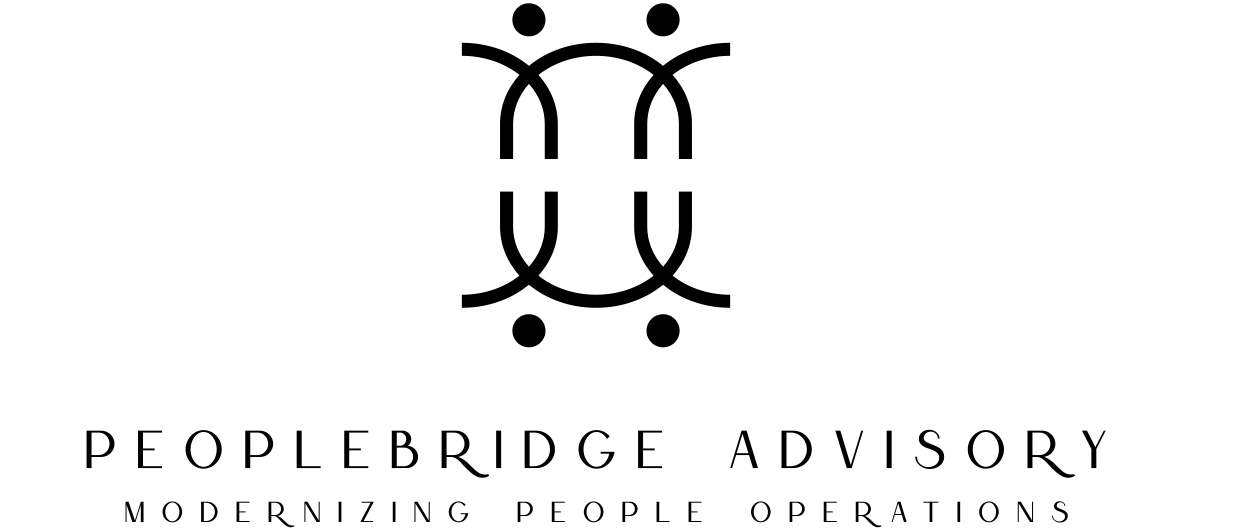Welcome to the complex world of Human Resources (HR), where staying on top of compliance and reporting can mean the difference between a thriving workplace and costly (underscore costly) legal entanglements. With some familiarity in HR practices, you understand that navigating the maze of regulations is no small feat. This brief guide aims to reinforce your knowledge base and keep your organization legal and compliant.
Understanding Legal Compliance in HR
Legal compliance in HR is an ever-evolving landscape. With new laws frequently introduced, it's imperative for businesses to stay informed. This includes understanding both federal and state regulations that impact employment practices—from hire to retire and every stage in between. Ensuring your policies reflect these laws not only keeps you "out of HR jail" but also fosters a respectful work environment.
Key aspects of legal compliance involve clear documentation, consistent application of policies, and ongoing training for management. By focusing on creating a culture that values legal and compliant HR practices, companies can mitigate risks while enhancing their reputation as an employer of choice.
The Do's and Don'ts of Legal Hiring
The hiring process is fraught with potential legal pitfalls. To avoid missteps, it's crucial to have a solid understanding of anti-discrimination laws, such as Title VII of the Civil Rights Act, the Americans with Disabilities Act (ADA), Pay Transparency laws, and the Age Discrimination in Employment Act (ADEA). Craft job descriptions carefully, focusing on essential qualifications without veering into discriminatory language.
Diligence during the interview process is equally important. Prepare a list of standardized questions that relate directly to the candidate's ability to perform job duties. Steer clear from inquiries that could be construed as discriminatory based on race, gender, age, religion, or other protected characteristics.
Maintaining Compliance During Employment
Once employees are onboarded, maintaining compliance becomes an ongoing effort. This involves everything from wage and hour laws under the Fair Labor Standards Act (FLSA) to Occupational Safety and Health Administration (OSHA) requirements for a safe workplace. Regularly review your employment policies to ensure they're up-to-date with current legislation.
Developing a robust employee relations program can also aid in maintaining a legally compliant workforce. Such programs help address employee concerns before they escalate into larger issues while reinforcing trust in organizational fairness.
Navigating Legal Termination Practices
The end of an employment relationship can be delicate terrain legally. When considering termination, ensure all actions are grounded in documented performance issues or conduct violations—never on discriminatory grounds. Following a clear disciplinary policy can protect your company should any disputes arise.
Prior to termination, review the employee's file thoroughly to confirm that all necessary steps were taken according to policy. This due diligence demonstrates adherence to legal hiring and firing practices should any questions surface post-termination.
Reporting: The Backbone of Compliance
A key element in staying out of "HR jail" is meticulous record-keeping and reporting. Accurate records not only support compliance efforts but are also critical should your company face an audit or legal challenge. From payroll records to performance evaluations, ensuring documentation is thorough can save significant time and resources in the long run.
Incorporate regular audits into your compliance strategy to verify that all records are complete and up-to-date. Training HR staff on proper reporting procedures is equally vital—as errors or omissions can lead to serious repercussions for non-compliance.
Summary: Fostering a Culture of Compliance
In conclusion, staying out of "HR jail" requires dedication to fostering a culture steeped in legal and compliant HR practices throughout every level of your organization. It's about more than just avoiding penalties; it's about building a foundation that supports sustainable growth and success through ethical management practices.
We encourage you to explore our website further for additional resources and guidance tailored specifically for business leaders like yourself who are committed to excellence in HR compliance and reporting.


